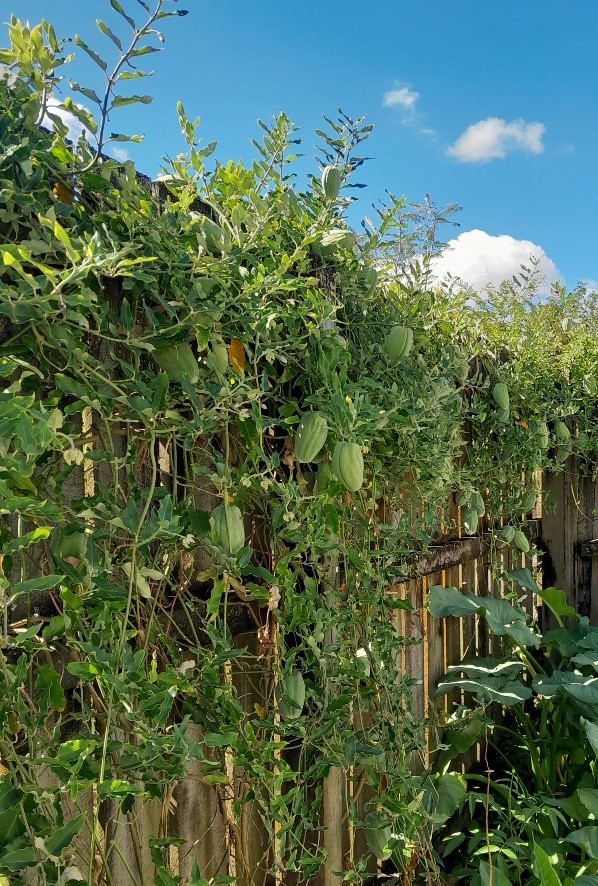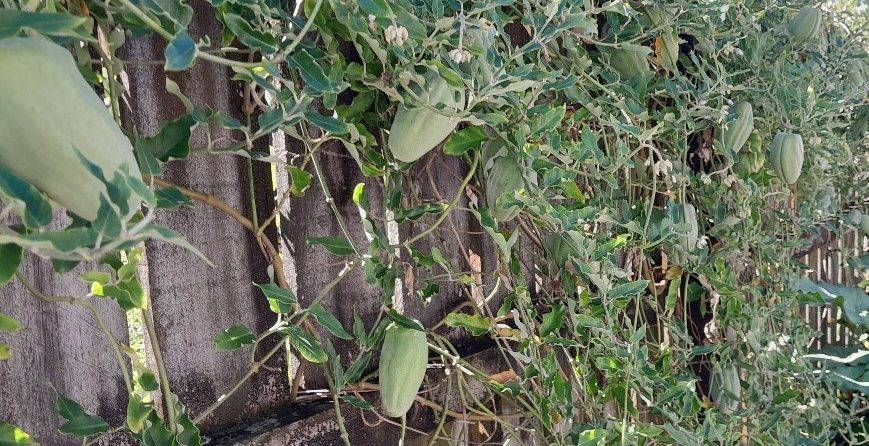Moth plants, scientifically known as Araujia sericifera, are considered invasive species in many regions. While they may have attractive flowers and vine-like growth, they can be detrimental to your garden and local ecosystem. Here are several reasons why moth plants are bad for your garden:
Aggressive Growth: Moth plants have a rapid growth rate and can quickly overtake other plants in your garden. Their vigorous vines can smother and shade out native vegetation, reducing biodiversity and disrupting the natural balance of your garden ecosystem.
Compete for Resources: Moth plants have a high demand for water, nutrients, and sunlight. They compete with surrounding plants for these essential resources, depriving them of what they need to thrive. This can weaken or kill off other plants in your garden.
Damage to Structures: The strong vines of moth plants can damage fences, trellises, and other structures in your garden as they climb and spread. This can lead to costly repairs and maintenance.

Deceptive Seeds: Moth plants produce numerous seeds enclosed in fluffy, wind-dispersed pods. These seeds are often mistaken for milkweed seeds, which are beneficial for monarch butterflies. However, moth plant seeds are not a suitable food source for monarch caterpillars and can negatively impact their life cycle.
Harmful to Native Wildlife: Moth plants do not provide suitable habitat or food sources for native insects, birds, or other wildlife. They can disrupt local ecosystems by reducing food availability and nesting opportunities for native species.
Allergenic Properties: Moth plants contain a milky sap that can cause skin irritation and allergic reactions in some people. Direct contact with the sap can lead to skin rashes, itching, and discomfort.
Spread of Invasive Seeds: The wind-dispersed seeds of moth plants can travel long distances and invade nearby natural areas, causing further damage to native ecosystems. Once established, they can be difficult to eradicate and control.
It is important to be proactive in preventing the spread of moth plants by removing them from your garden if you find them. Regular monitoring and early intervention can help prevent their establishment and minimize their negative impact on your garden and the surrounding environment.
If you need a moth plant removed but don’t have the time, contact us today!
Our experienced team can remove your moth plants for you!
Contact us here to get an estimate quote or check out our parent company here.



